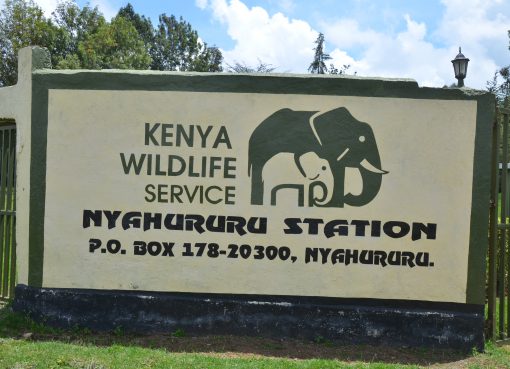The government has assured of its support to eliminate Open Defecation in the country by 2025.
Consequently, in collaboration with UNICEF, the Government, Wednesday, launched Kenya Sanitation Alliance targeting 15 counties with the highest rates of open defecation.
The alliance is led by Ministries of Health and that of Water, Sanitation and Irrigation, together with 15 County Governments and its being funded by the Government of Japan and the United States Agency for International Development (USAID).
Health Cabinet Secretary (CS), Mutahi Kagwe, in a speech read on his behalf by the Acting Director General of Health, Dr. Patrick Amoth, said open defecation has devastating consequences for public health, causing a myriad of diseases and even death, especially among young children.
“If we end this practice, we will save lives and remove a barrier to education and economic opportunity,” said Kagwe.
The CS thanked UNICEF, the Governments of Japan and the US for supporting the new initiative in Kenya.
Speaking during the launch, Deputy Head of Mission, the Embassy of Japan, Yasuhisa Kitagawa, said the government of Japan, in collaboration with UNICEF, is working on the improvement of sanitation in Kenya through the Sanitation for Universal Health Coverage project.
“We are determined to continue in our support of this project, which seeks to end open defecation through partnerships with UNICEF and other partners as well as involving both the public and private sectors within Kenya”, said Kitagawa.
In his remarks, USAID Mission Director in Kenya, Mark Andrew Meassick said Kenya is, and continues to be, a WASH priority country for the U.S. Government.
“The US Global Water Strategy and corresponding USAID Development Plan aim for a world, where all people have safe and sustainable access to household sanitation,” he added.
Meassick said open defecation has, particularly devastating effects on the health of children under the age of five, especially in rural areas, where the practice is more prevalent, adding that in Kenya, over 6,600 children under five are estimated to die each year from diarrhoea, of which 80 per cent are attributable to poor water, sanitation and hygiene.
UNICEF Representative to Kenya, Maniza Zaman, speaking during the event said every child has the right to health and dignity, and eliminating open defecation is a key way to ensure that they enjoy these rights.
“The COVID-19 pandemic has shown the role of good hygiene, especially hand washing in preventing the spread of disease,” Zaman said.
According to the 2019 Kenya Population and Housing Census almost 85 per cent of open defecation in Kenya takes place in 15 counties and 6 counties have rates exceeding 40 per cent, with wide intra-county disparities.
In 2019, the six highest open defecation counties were Turkana 68.1 per cent, Samburu 65.6 per cent and Tana River 48.6 per cent, among others.
Meanwhile, the affected 15 County Governors have committed to sign the Alliance two days towards World Toilet Day.
By Catherine Muindi



